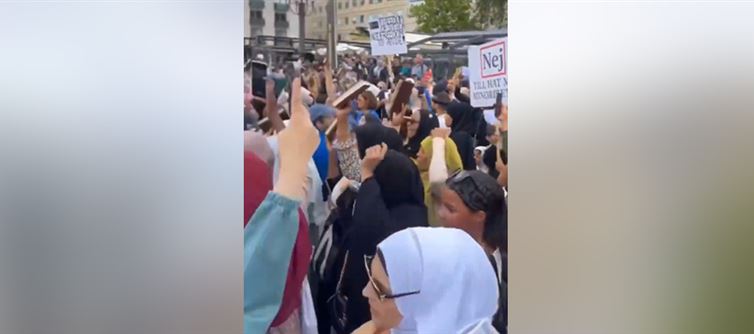
The purpose of these protests is to reclaim islam from the damaging narratives pushed by both radical fringes and some far-right critics in the West. Protesters aim to remind the public that islam, like other major religions, promotes peace, compassion, and coexistence. Displaying the Quran is a symbolic gesture to highlight the sacredness of the text and its emphasis on justice and mercy. Unfortunately, media portrayals and societal biases often distort these peaceful displays, interpreting them through a lens of fear rather than understanding. This misrepresentation only deepens the gap between communities and feeds into the very cycle of fear and suspicion that protestors seek to challenge.
These demonstrations also raise important questions about integration, freedom of expression, and the responsibilities of multicultural societies. As Sweden, like many european nations, grapples with how to balance secular values with religious pluralism, incidents of Islamophobia—real or perceived—can significantly impact social harmony. The key lies in open dialogue, education, and mutual respect. Just as Muslims must work to counteract extremist interpretations of their faith, broader society must resist conflating the actions of a few with the beliefs of an entire community. The right to protest peacefully and to practice one’s faith without fear is a cornerstone of democratic life, and efforts to defend those rights should be met with understanding, not alarm.




 click and follow Indiaherald WhatsApp channel
click and follow Indiaherald WhatsApp channel